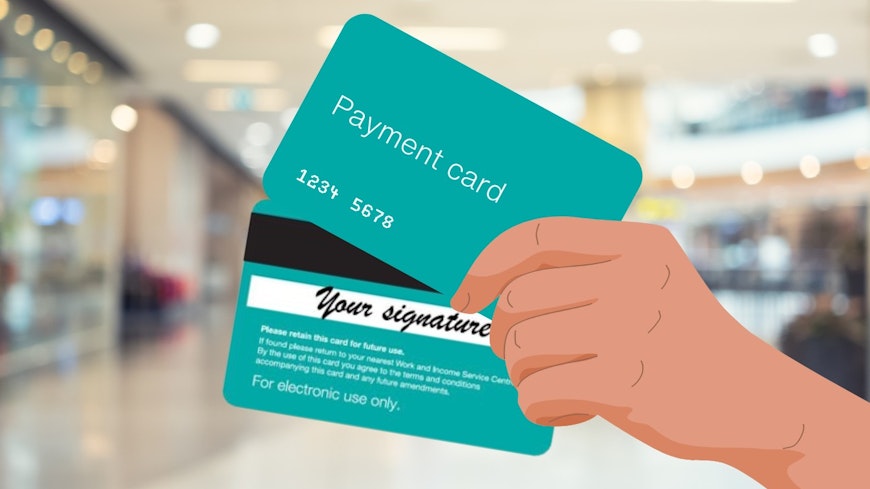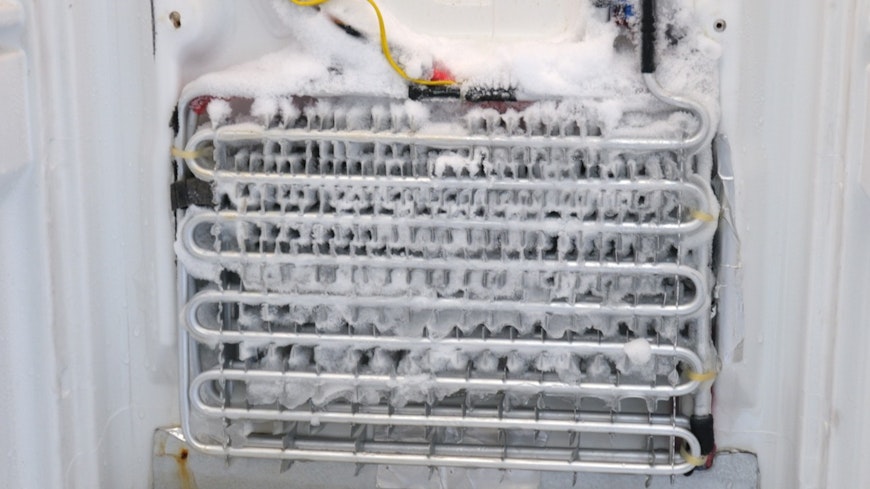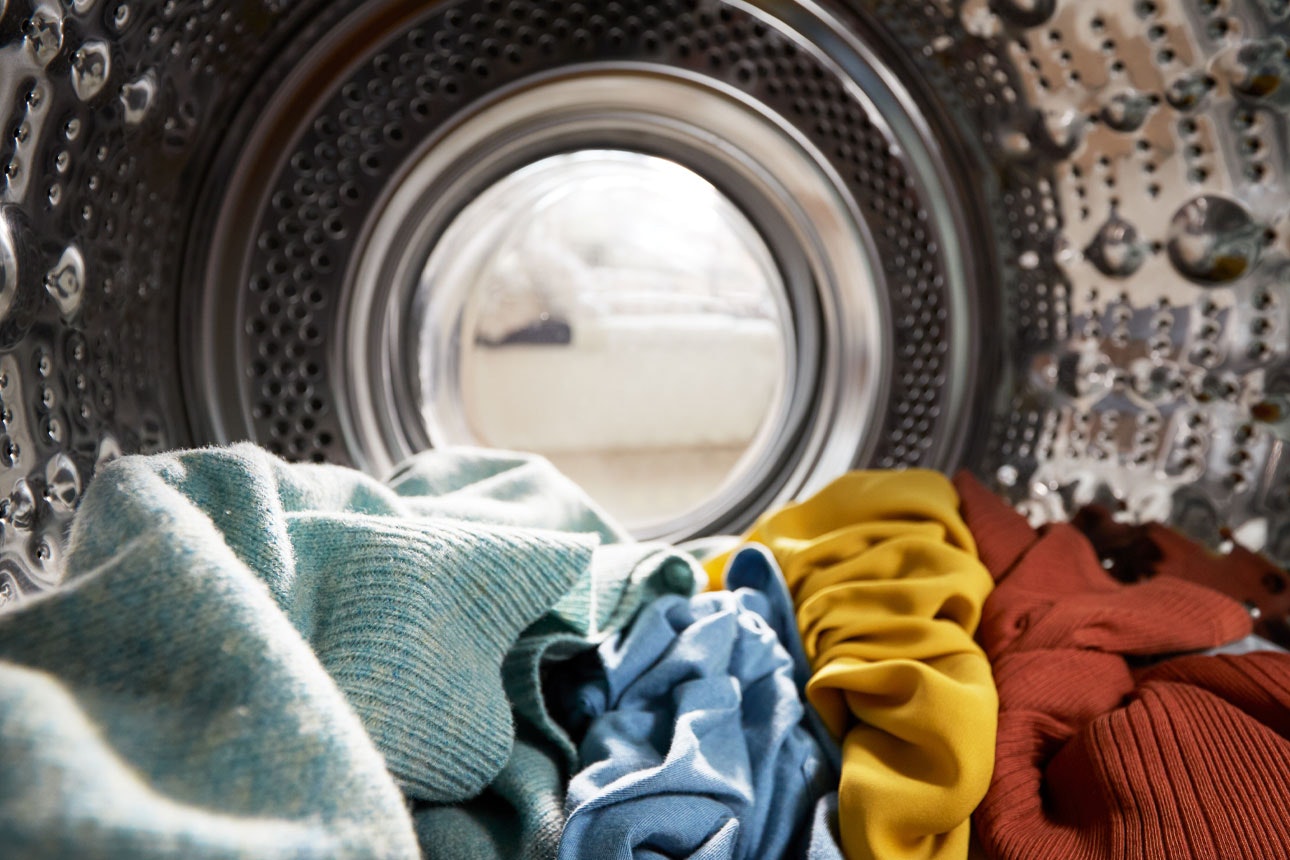
By Rebecca Styles
Research Lead | Hautū Rangahau
Last week the government announced reforms to the benefit system which included a money management sanction for those on the Jobseeker allowance.
The sanction means if a jobseeker doesn’t meet their obligations, half of their benefit will go onto a payment card that can only be used for a limited range of goods and services.
When we asked the Ministry of Social Development what the limited range of items were, we were told, “further detail about this change will be announced in the coming months.”
We think enabling benefit spending sanctions has the potential to take much needed autonomy from beneficiaries, particularly if they have specific needs and are only able to shop at a limited number of stores – particularly those with lower quality offerings.
Earlier this year, we talked to people who bought goods using the payment card system for essential items or grants for white wear. They said the cards limited their choice and landed them with goods that were shoddy and don’t last.
Advocates for Work and Income clients agreed, saying the payment card and grant system limits choice and can mean people are paying off debt for goods that don’t last.
What's troubling is the government is using this as a form of punishment for those who don't meet their Jobseeker obligations.

How the payment card works for essential items and grants
Outside of the recently announced sanction, Work and Income clients can apply for a payment card to buy essential items or for unexpected costs.
If successful, the payment card, which looks like an Eftpos card, is loaded with credit for eligible clients to spend at selected retailers on a wide range of goods – from food to bedding and shoes.
For some purchases, such as food, clients may not need to pay the money back, but for others, like bedding, whiteware or furniture, clients will need to pay it back out of their benefit. It depends on the client’s circumstances.
A lack of choice and low-quality goods available using the payment card
Caren, from Palmerston North, needed to get school shoes for her boys at the start of the school year. Work and Income loaded some money on a payment card for her, but she could only spend it at The Warehouse.
Her 11-year-old son needed shoes that could fit orthotics, and she couldn’t find anything suitable at The Warehouse.
The shoes were “a terrible fit and quality, and there were none that fit one of my son’s orthotic requirements,” Caren said.
She ended up buying shoes elsewhere using a buy now pay later service.
She also bought bedding at The Warehouse and Kmart, and said the quality was a joke.
“The winter sheets are polyester fleece that only lasts one season before getting holes in them,” she said.

Payment cards are a ‘no trust model’ say community advocates
Brooke Fiafia and Agnes Magelè from Auckland Action Against Poverty said the way payment cards and grants work means there’s no choice of where to spend money.
Given that Work and Income clients have to pay the money back, it’s technically their own money, and yet, they don’t get to choose where to spend it.
“It’s a no trust model,” Agnes said.
She explained that if a family needs some furnishings for their home, Work and Income would ask them to get quotes.
“Say the quote is for $3,000, [Work and Income] will cut that in half, they won’t approve the whole lot because they say you can’t afford to pay it all back,” she said.
Brooke also added that Work and Income are likely to accept the cheapest quote, which can mean the quality of the products isn’t great.
“So, they break easily, and then people are having to go back to get more, and get more into debt, when they could just approve better quality products in the first place.”
“We try to argue that people are having to pay this back anyways, this becomes a debt,” Brook said, but it’s ignored.
We asked the Ministry of Social Development, which is responsible for the operation of Work and Income, about the choice of retailers clients have when they use payment cards.
Jayne Russell, group general manager client services delivery, said when people need help for things they cannot pay for from their weekly benefit, they may be eligible for hardship assistance which doesn’t have to be paid back.
Russell added, Work and Income enable payments to thousands of retailers across the country, including secondhand dealers and major mainstream retail chains such as Farmers and The Warehouse. They have a wide range of reasonably priced goods, and are retailers used by many New Zealanders.
She also said the Ministry has to consider the affordability of the repayments for any advance of benefit and to not put the client into further financial hardship.
“With the examples raised by Consumer, we would be happy to respond in more detail if the clients give their permission for us to do so. For example with the boy who needed orthotics, we provide special assistance for orthotics. In this situation we would encourage the client to get back in touch with us.”
Yet Caron said, at the time she asked the Work and Income staff member for shoes that fit orthotics, they “didn’t even acknowledge what I’d said”.
We asked whether clients could get cash to spend at other retailers, such as a weekend produce market, or buy bedding at a supplier not registered with Work and Income.
The Ministry said it’s accountable to taxpayers for the spending of public money.
“Any such grant system needs to have some safeguards built into it. Payment cards ensure that the sum of money granted is spent at a particular supplier.”
We also spoke to Belinda, a single parent living in central Auckland, about the process of wanting to buy quality goods with the payment cards.
“When I asked whether I could go to other shops, it was just a firm no,” Belinda said.
“You feel gutted because you want quality stuff rather than stuff you have to keep rebuying. Also just that shame that comes with even asking is frustrating,” she added.
When it comes to food shopping, it’s mainly limited to the two main supermarket chains, rather than a local fruit and vegetable market or vege box via a subscription, such as Wonky Box, she said.
While Moana could buy a mattress from a secondhand store in Auckland, it’s so uncomfortable she can’t sleep on it. Sometimes, she sleeps alongside her son or daughter or on the couch to get a good night’s sleep.
Because the secondhand store has gone out of business, she can’t take the bed back, and Work and Income won’t give her any money to buy a new one.
Moana said staff at the Work and Income call centre told her to go on Marketplace and buy a new mattress. To afford that, she would have to sell hers, but she doesn’t want someone else to sleep on an uncomfortable bed.
“I wouldn’t want anyone else to pay for it and sleep on it and have what I experienced,” Moana said.
Still paying for unreliable whitewear
Ricky’s grandmother passed away last year. He was living with her before she died, so he had to move into a new place and needed some whiteware.
“I had the fridge for about 12 months before it stuffed out,” he said. Gas started leaking out the back of it, making the house smell like rotten eggs.
He called Work and Income to get money for a replacement, and they said no because he already had one.
He told them the fridge was faulty, and he’s still paying for it, but Work and Income wouldn’t replace it.
The washing machine didn’t last much longer. The barrel had fallen out, and water poured all over the floor.
Ricky didn’t realise the products could be repaired. He has mental health issues and was still grieving the loss of his grandmother. Due to his needs, Ricky sees one case manager at Work and Income who has told him he can’t have more money to buy appliances.
“I’ve got this really old, crusty fridge off Facebook, but the freezer doesn’t even work. I don’t have enough money every week to spend on buying a brand new one,” he said.

Both appliances were Haier, and combined, he paid $1,049 for them. He’s still got about $600 to pay on the appliances.
Luckily, Ricky’s property manager leant him another washing machine, but it’s also a Haier, and he doesn’t expect it to last long.
The Ministry said it would encourage any client whose Haier whiteware has a fault to contact Haier to get it repaired.
Haier told us that it has a dedicated customer service portal to help Work and Income clients with all queries about its whiteware, regardless of its age.
The Ministry spokesperson added that when people get whiteware with Work and Income assistance, they receive information on the 2-year warranty, on the Consumer Guarantees Act (CGA) which may cover them after the warranty, and on the service arrangement which is part of the Ministry’s supplier contract.
Consumer NZ’s testing and surveys have found Haier products aren’t very reliable.
Our test of six Haier washing machine models rated between 51–58 out of 100. The top brand scored 83. The two cheapest models also rate poorly for efficiency and reliability.
We also tested six Haier fridge models (five were fridge/freezer models). We rated two as “don’t buy”, while the others scored between 54–58 out of 100.
A spokesperson for Haier said its data shows its washing machines perform well in reliability metrics across the brand.
The cost of poor-quality products
Ricky’s not alone in having problems with Haier appliances. In 2022, Consumer met with the Ministry to discuss 12 complaints we’d received about faulty Haier appliances.
The Ministry worked with Haier to upgrade energy ratings on several of the appliances and update annual running costs for each appliance. Haier also told us it has a programme for improving appliances supplied to the Ministry, so its clients get better appliances at the same price.
Yet we’ve still heard of problems with the appliances.
Caren, who couldn’t find suitable shoes for her son at The Warehouse, also told us she had problems with her Haier washing machine. She had to pay nearly $300 to get the pump cleared on the Haier machine just 8 months after she got it.
Caren shouldn’t have had to foot the bill – it should’ve been covered under the Consumer Guarantees Act (CGA).
Between 1 April 2020 and 31 March 2022 more than $1m in hardship payments were made to Haier for repairs.
While the service repair fee is capped at $284, as part of the Ministry’s arrangement with Haier, Work and Income clients pay for the repairs, unless the client has received a Special Needs Grant which may not need to be paid back. In those cases, the Ministry foots the bill. We think Haier could be responsible for paying for those repairs.
While the goods come with a 2-year manufacturer’s warranty, under the CGA, products must be of acceptable quality and fit for purpose.
Acceptable quality means the appliance being fit for purpose, free from minor defects, safe and durable.
So, even if the product is out of warranty, that doesn’t mean the manufacturer is off the hook. Most whiteware has an average life expectancy of around 10 years so should last at least 5 years before needing a repair. If a product doesn’t go the distance, a consumer can take action directly against the manufacturer to recover any reduction in the value of their product, or loss they suffer, which was reasonably foreseeable as a result of the fault.
Haier told us that repairs that fall under the warranty or CGA are paid by Haier.
The manufacturer also suggested that how the machine is used can determine how long the machine can last. Factors like water hardness, types of cleaning products and maintenance can also impact durability.
We argue that unless you’re washing a rugby team’s jerseys every weekend, appliances should be designed for the conditions of the country they are used in and find such reasoning a bit wishy-washy.
If Work and Income clients have paid for repairs within 5 years of owning the machine, we think they have the right to claim back the cost of repairs from Haier under the CGA.
MSD says it isn’t aware of any evidence Haier appliances need repair at an unusual level of frequency, given the scale of their use by Work and Income clients.
Before the Ministry had Haier as its preferred whiteware supplier, clients could buy whiteware at a retailer of their choosing. However, there were issues with poor quality, no warranties and a rise in fraudulent purchases.
Haier products have been the preferred supplier since 2012 (the contract was renewed in 2018). Having one supplier meant the Ministry could buy in bulk and offer goods at a discount. The price includes delivery, installation and the removal of old appliances.
In 2020 alone, over $21m was loaned to Work and Income clients to buy the appliances.
Haier’s contract with the Ministry expires in September 2025, with a new tender process starting in October 2024.
We hope whiteware manufacturers with a better record of producing quality products are in the running.
Everyone should be able to buy quality goods that last. You shouldn’t be stuck paying off debt for goods that break. The cost of poor-quality products and the lack of choice could mean people end up in a debt cycle.
All the Work and Income clients mentioned in this story have been given pseudonyms.

Which bank is best?
We asked consumers to rate satisfaction with their bank. How did yours do?



